Support your brain with simple daily habits. Learn how water, sleep, movement, food, connection and nature quietly protect long term brain health.
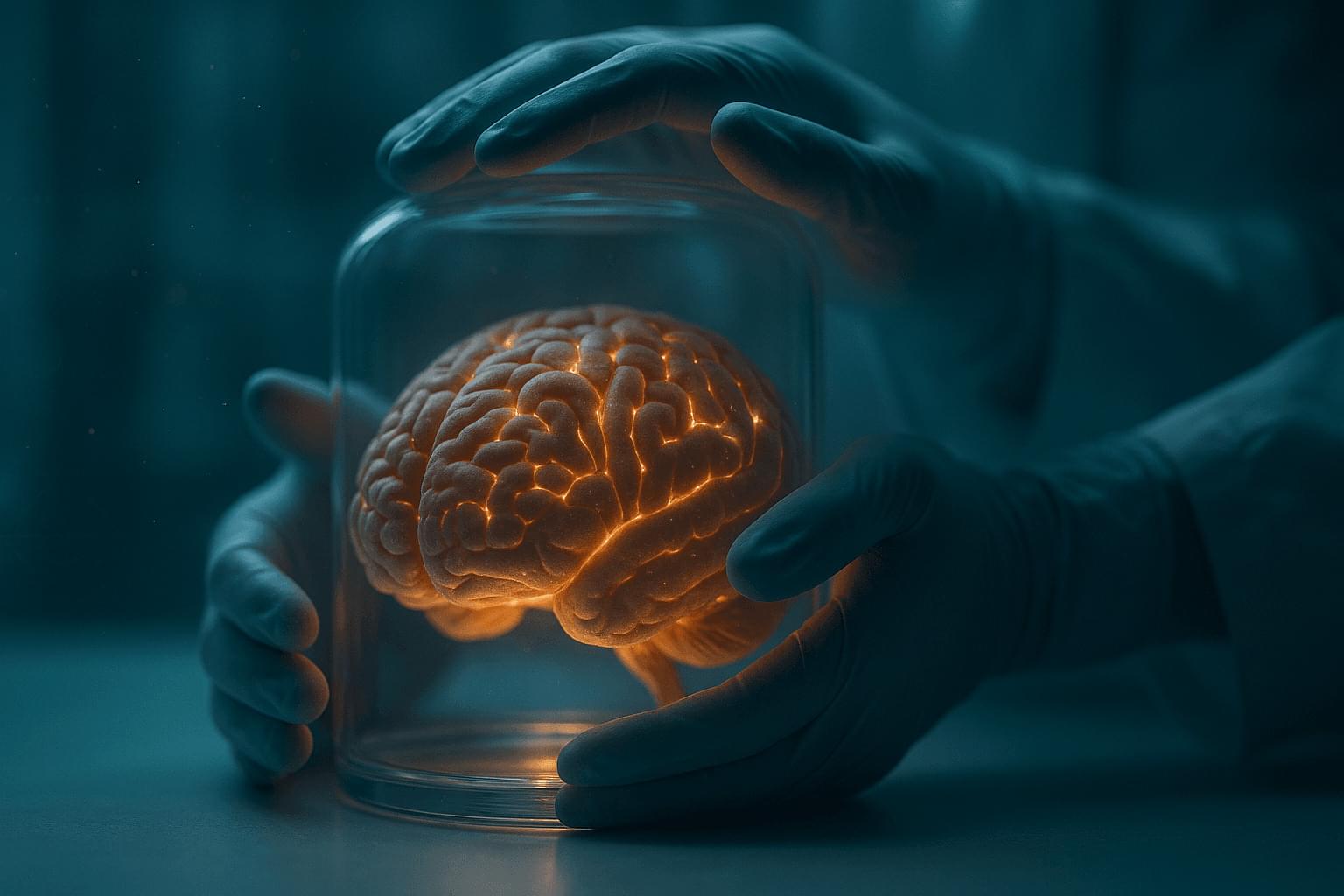

EPFL scientists have integrated discarded crustacean shells into robotic devices, leveraging the strength and flexibility of natural materials for robotic applications.
Although many roboticists today turn to nature to inspire their designs, even bioinspired robots are usually fabricated from non-biological materials like metal, plastic and composites. But a new experimental robotic manipulator from the Computational Robot Design and Fabrication Lab (CREATE Lab) in EPFL’s School of Engineering turns this trend on its head: its main feature is a pair of langoustine abdomen exoskeletons.
Although it may look unusual, CREATE Lab head Josie Hughes explains that combining biological elements with synthetic components holds significant potential not only to enhance robotics, but also to support sustainable technology systems.
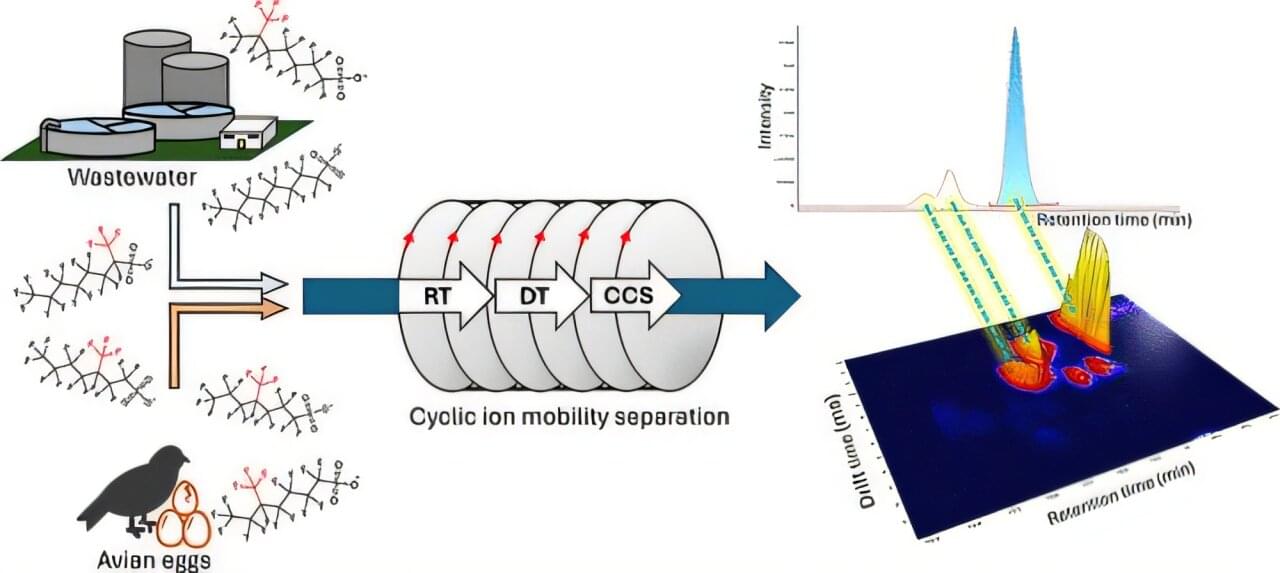
Several types of tooth–bone attachment have evolved in different branches of amniotes. The most studied type of tooth anchorage is thecodont implantation, characterized by a nonmineralized periodontal ligament linking the tooth to the jawbone inside a deep alveolus (Bertin et al., 2018 ; Diekwisch, 2001). This attachment, called gomphosis, is present in mammals and crocodilians and provides robust resistance to mechanical stress during food processing (McIntosh et al., 2002).
By contrast, the teeth of recent lepidosaurian reptiles are firmly attached to the jaw bones, although the morphology of this type of attachment varies across species (Gaengler, 2000). In most lizards and snakes, teeth are ankylosed to the inner side of the high labial wall of the jawbone (pleurodont attachment). However, in some species (e.g., agamas, chameleons), the teeth are completely fused to the crest of the tooth-bearing bone (acrodont teeth) (Edmund, 1960). Such cases, where the teeth are firmly fused to the tooth-bearing element by mineralized tissue, are called ankylosis (for nomenclature, see a recent review by Bertin et al., 2018). Although ankylosis is widespread in nature, in mammals, a fusion of the tooth to the bone by hard tissue is considered a pathological condition (Palone et al., 2020 ; Tong et al., 2020).
Diverse developmental mechanisms have been proposed to explain the evolutionary origin and elaboration of ankylosis. The first developmental step of ankylosis is described as a soft ligament mineralization (LeBlanc et al., 2016 ; Liu et al., 2016). The periodontal ligaments in ancestral mammals have been predicted to display a high osteogenic potential, with an inclination to become calcified, thus resulting in dental ankylosis (LeBlanc et al., 2016). The mineralized ligamentous tissue has been preserved in fossilized mosasaurs, and it is also evident in several fish species and modern snakes (LeBlanc, Lamoureux, & Caldwell, 2017 ; Luan et al., 2009 ; Peyer, 1968). In the second type, ankylosis has been described as developing without ligament formation, with the tooth base firmly attached directly to the top of the tooth-bearing bony pedicles with no sign of previous ligament production (Buchtová et al., 2013 ; Luan et al., 2009).
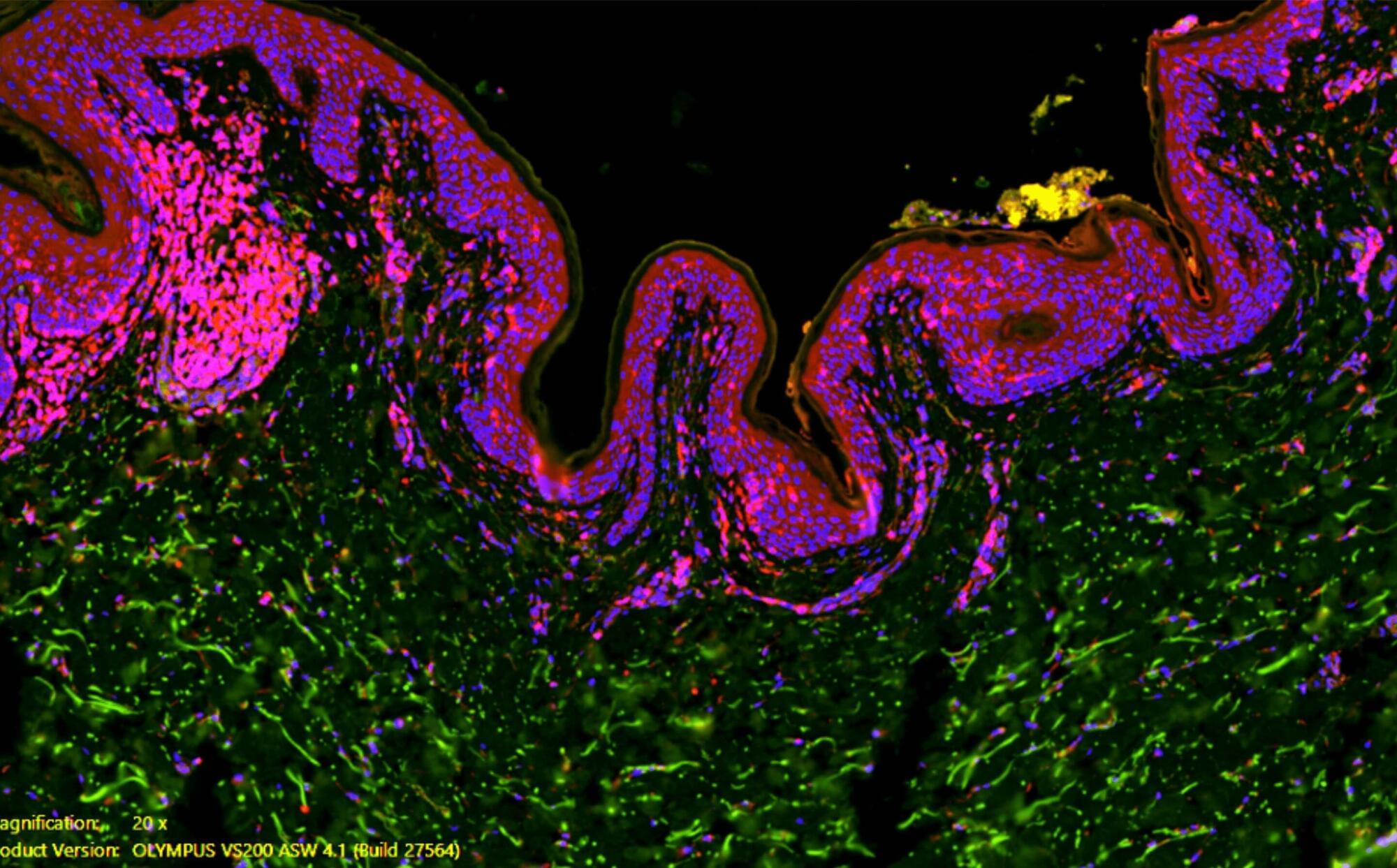
A Johns Hopkins Medicine study involving a dozen people with the inflammatory skin disease hidradenitis suppurativa (HS), which mostly affects skin folds, is believed to be the first to provide evidence that hormone-disrupting chemicals commonly found in ultra-processed food and single-use water bottles may contribute to the development of or worsen the condition in some people.
The new findings about the disorder build on previous reports about the role of endocrine-disrupting chemicals, a common environmental contaminant known to mimic, block or alter the body’s hormones, in human health. Researchers believe their findings suggest that reducing exposure could ease HS symptom severity and provide a new avenue of relief for a disease with limited FDA-approved treatment options that include biologic therapy and surgery.
The full report on the study was published in Nature Communications on Nov. 28 and includes insights into the molecular mechanisms that are involved in the disease.

Google is facing backlash on X after a viral post for its NotebookLM appeared to use a food blogger’s work without credit.
Recently, Google launched Nano Banana Pro, its most powerful image model to date.
The model is likely trained on millions of websites and videos, which explains why it’s one of the best tools for generating realistic images.

Researchers have discovered that free radicals generated at a specific site in non-neuronal brain cells called astrocytes, may promote dementia, according to a study. Their findings, published in Nature Metabolism, demonstrated that blocking this site lowered brain inflammation and protected neurons, suggesting a novel therapeutic approach for neurodegenerative disorders, including frontotemporal dementia and Alzheimer’s disease.
“I’m really excited about the translational potential of this work,” a co-lead of the research. “We can now target specific mechanisms and go after the exact sites that are relevant for disease.”
The researchers focused on mitochondria—metabolic structures inside cells that generate energy from food and, in the process, release molecules known as reactive oxygen species (ROS). At low levels, ROS play an important role in cell function, but they can be harmful when produced in excess or at the wrong time. “Decades of research implicate mitochondrial ROS in neurodegenerative diseases,” said the other co-lead.
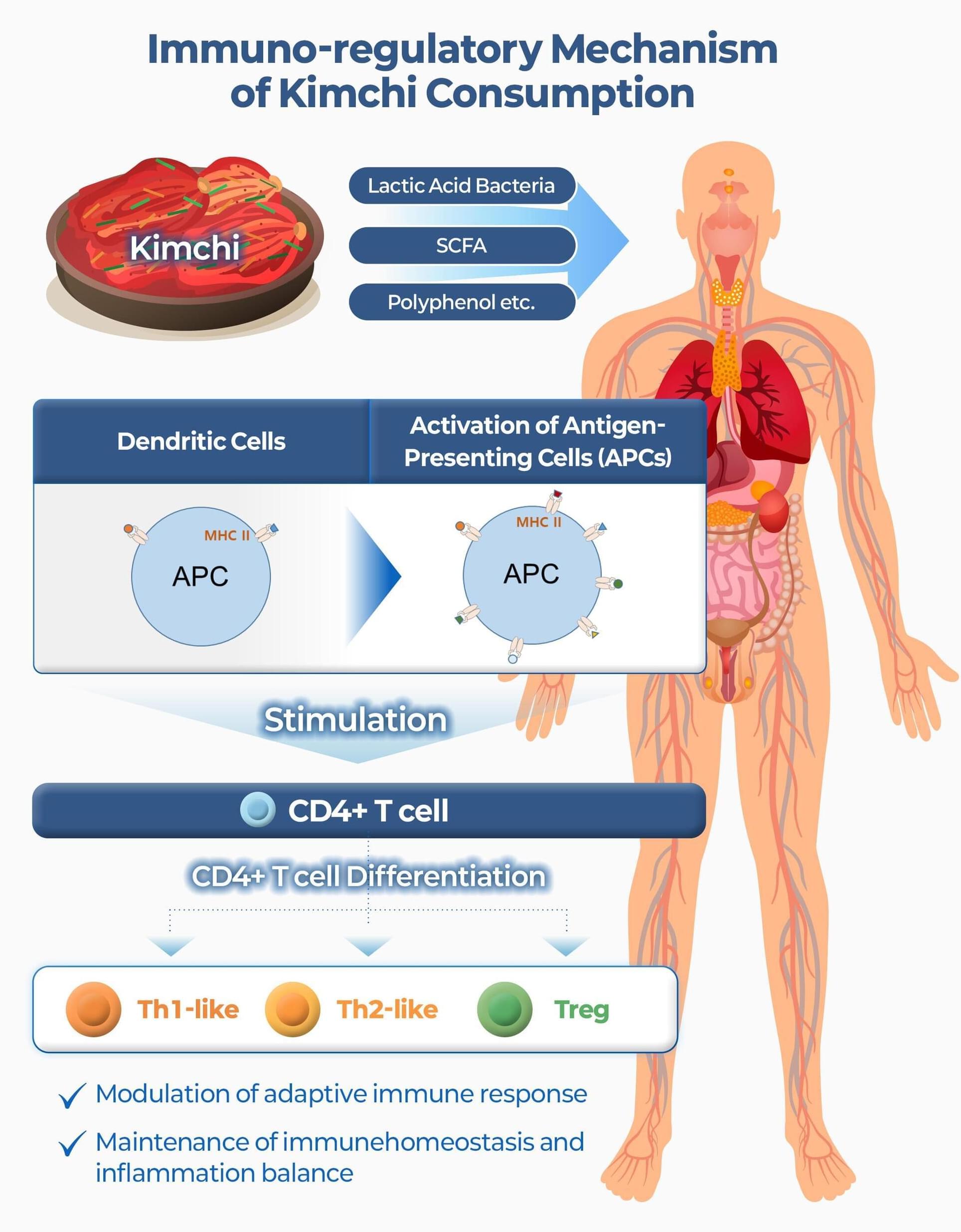
Amid concerns about the simultaneous spread of multiple respiratory diseases, such as colds and influenza, with the change of seasons in current times, a clinical study has scientifically proven that kimchi, a traditional Korean fermented food, enhances the function of human immune cells and maintains the balance of the immune system.
The World Institute of Kimchi has reported the results of a single-cell genetic analysis that suggests that kimchi consumption has immunomodulatory effects, which include the suppression of excessive immune responses while simultaneously enhancing defense functions.
The results of the research are published in npj Science of Food.

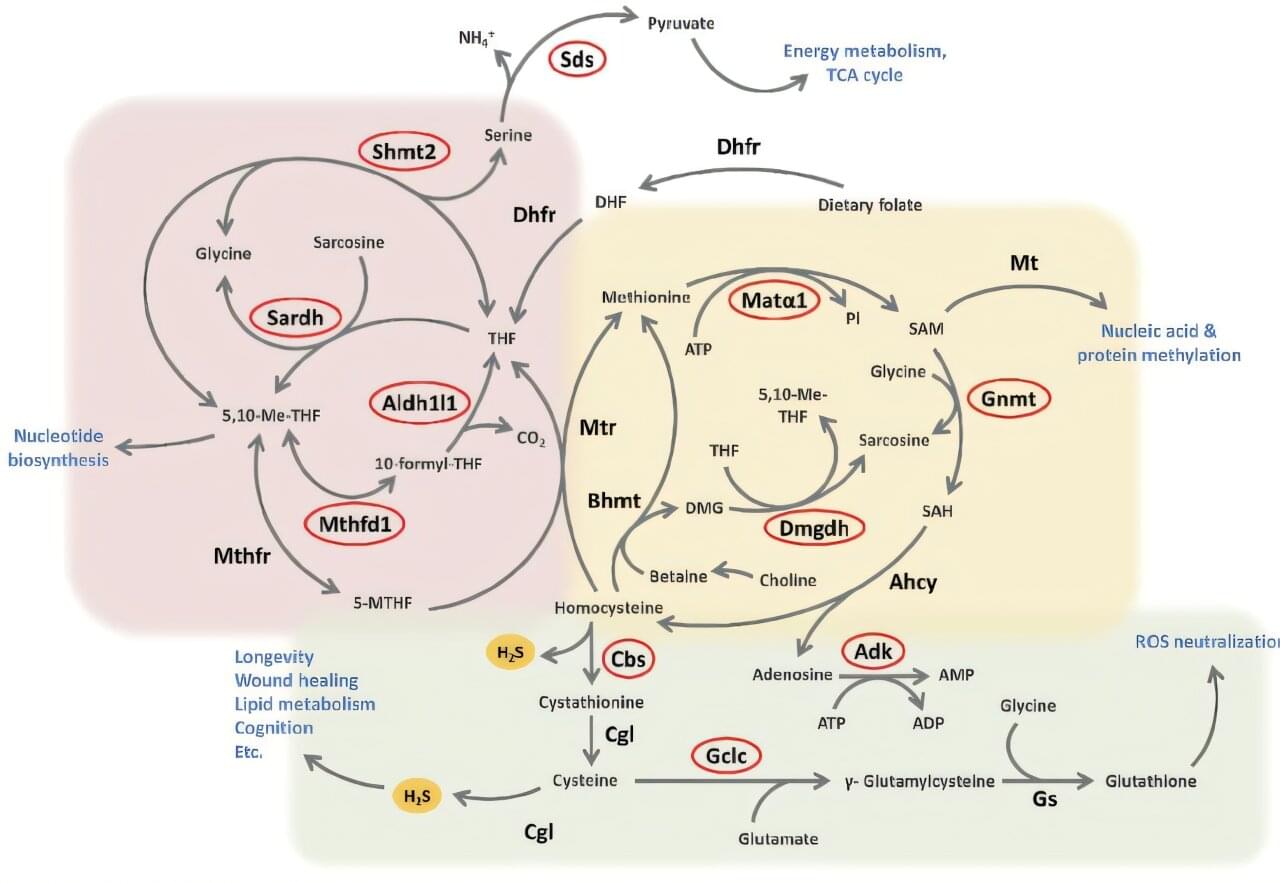
Researchers at Bar-Ilan University have discovered how the longevity-associated protein Sirt6 orchestrates a delicate molecular balancing act that protects the body from age-related decline and disease. The new findings, just published in the Proceedings of the National Academy of Sciences, reveal how Sirt6 preserves health during aging and may pave the way for therapies that promote a longer, healthier life.
Sirt6, often described as a master regulator of aging, is known for its powerful protective effects against age-related diseases such as cancer, diabetes, inflammation, and frailty. Its impact closely resembles that of calorie restriction, a dietary regimen proven in animals to extend lifespan and enhance the body’s natural repair and healing mechanisms.
Calorie restriction—eating fewer calories without malnutrition—has long been known to improve health and extend lifespan. One of its key effects is to increase the body’s production of hydrogen sulfide (H2S), a tiny gas molecule that supports wound healing, heart health, and brain function. This new study found that as we age, H2S levels naturally decline, weakening these protective benefits.